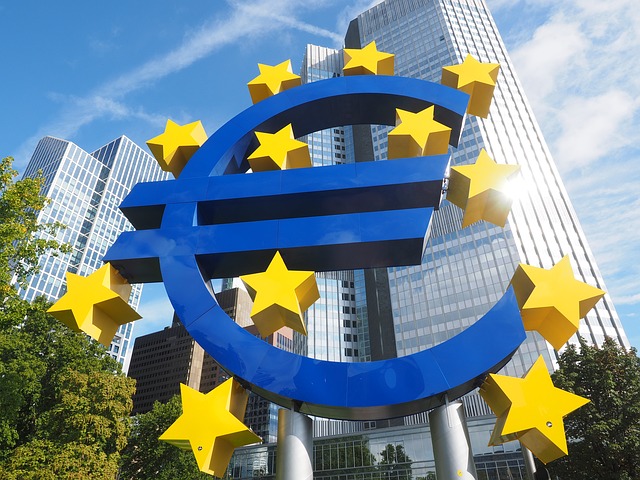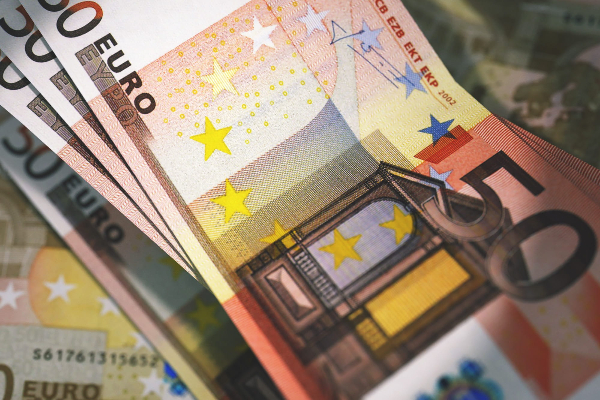
- For the first time in over a decade, the European Central Bank (ECB) has raised interest rates by a staggering 0.50%, bringing deposit rates to 0%, in an effort to rein in soaring eurozone inflation.
- The ECB’s rate hike helped to lift the euro before paring gains to trade at US$1.019, a historically depressed level against the dollar.
For the first time in over a decade, the European Central Bank (ECB) has raised interest rates by a staggering 0.50%, bringing deposit rates to 0%, in an effort to rein in soaring eurozone inflation.
With eurozone inflation hitting a record high of 8.6% in the year to June, over four times the ECB’s target of 2%, ECB President Christine Lagarde acknowledged that it was “time to deliver.”
The ECB’s rate increase comes in the wake of Italian Prime Minister Mario Draghi’s dramatic resignation as Italy descends into turmoil amid soaring prices of food and fuel, which sparked a selloff in Italian bonds and stocks.
Although the ECB has raised borrowing costs, it’s also pledged to embark on a fresh bond-buying program aimed at countering the surge in interest rates for the eurozone’s most vulnerable governments.
Speaking at a press conference after raising interest rates, Lagarde noted,
“We would rather not use (the new program), but if we have to use it, we will not hesitate.”
Given the soaring yields on the bonds of the eurozone’s weakest economies, Lagarde will likely have to implement the bond-buying program sooner rather than later, to stave off a sovereign debt crisis similar to what happened in 2008.
Lagarde’s pledge to help its weaker neighbors has so far put a lid on rapidly rising yields in Greek, Portuguese, Spanish and Italian bonds, but rhetoric can only go so far.
The ECB’s rate hike helped to lift the euro before paring gains to trade at US$1.019, a historically depressed level against the dollar.
When the ECB last raised rates in June 2000, over a year after the launch of the euro, it was forced to reverse the moves just a few months later as the eurozone became embroiled in a sovereign debt crisis.
The ECB is facing its biggest challenge in decades and having to manage soaring eurozone inflation caused by surging energy and food prices because of Russia’s invasion of Ukraine, without dragging the region into a recession even as business activity and consumer confidence has fallen to record lows.
It’s not clear if the ECB can stave off another sovereign debt crisis, given the complexities of managing the economic diversity of the eurozone which operates under a single currency, but where each country issues its own sovereign debt, of varying quality and demand.



